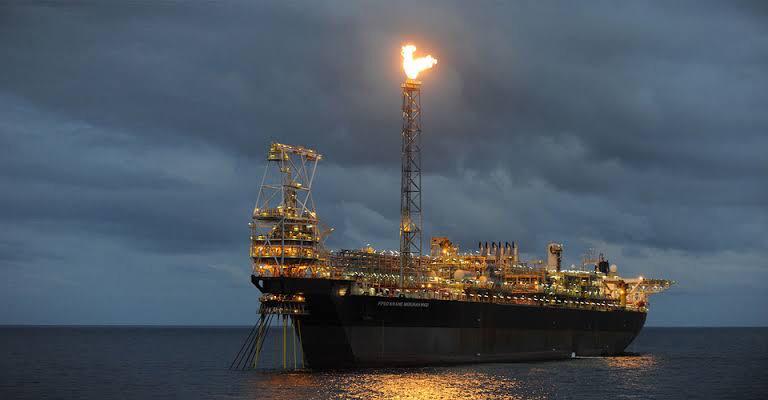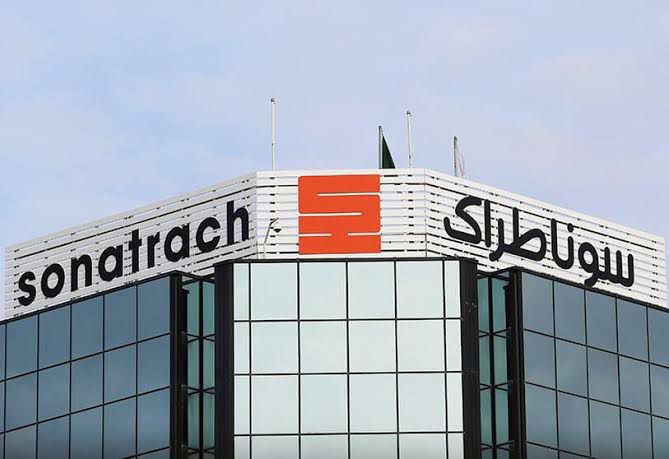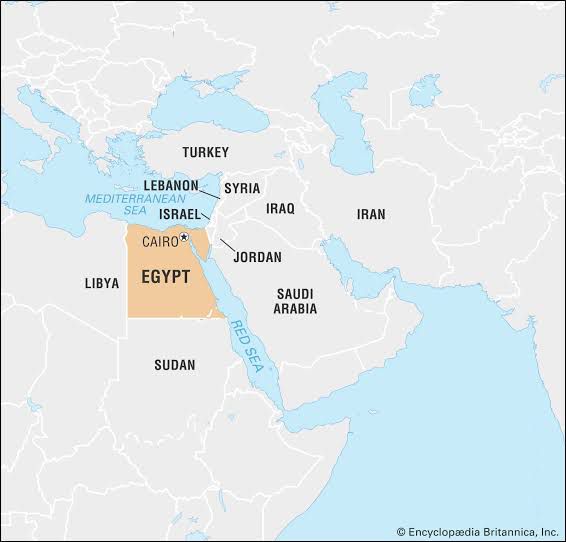The Chief Executive Officer of Eni, Claudio Descalzi, met with the Algerian Minister of Energy, Abdelmadjid Attar, to discuss the activities of the company in the country, future projects and the energy transition which is key to the Italian firm’s new strategy.
The Executive Officer also met with Toufik Hakkar, the CEO of the national oil company of Algeria, Sonatrach, to sign an agreement that detailed the roadmap for a new hydrocarbon contract in the southern area of the “Berkine Basin,” under the terms of the new Algerian oil law.
The agreement comes after the Memorandum of Understanding (MoU) signed last year for collaboration in the upstream sector to create a new oil and gas hub development hub in the region through synergies with the existing assets of MLE-CAFC (block 405b).
Both Heads agreed to implement the relaunching of exploration and development activities in the area to accelerate the speed with which its solutions are brought to the market by leveraging on the local content, replicating the model already adopted successfully for the “Berkine Nord” project.
The project, after completion, is to supply clean energy to the existing gas treatment plant while reducing carbon emission from self-consumption of gas. These initiatives are part of the strategy that Eni and Sonatrach are developing using common assets, aimed at combining economic, financial and environmental sustainability.
Both companies aim to reduce the carbon footprint of natural gas production through the improvement of the energy efficiency of processes, the electrification of treatment plants and the abatement of fugitive methane emissions, through systematic and structured monitoring campaigns.
Eni’s CEO said, “Today’s agreement testifies to the commitment of Sonatrach and Eni to expand their partnership in Algeria, in line with their shared strategy of the accelerated development of their projects and pursuing their common objectives of decarbonisation as part of their commitment to achieve long-term carbon neutrality, reducing and compensating for climate-changing gas emissions up to zero.”



